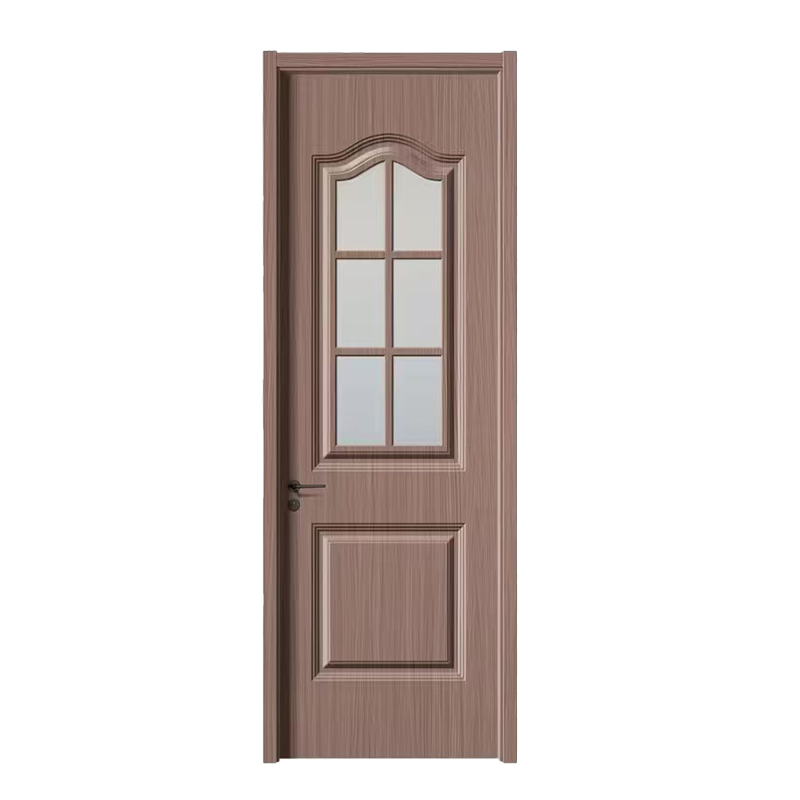One of the most frequently asked questions by homeowners and builders alike is, "Are WPC doors waterproof?" The simple answer is yes, they are, but a deeper understanding of this quality reveals why WPC doors have become a superior alternative to traditional materials, especially in moisture-prone areas.
What Makes WPC Doors Waterproof?
The secret lies in their unique composition. WPC stands for Wood Plastic Composite, a hybrid material that blends recycled wood fibers with thermoplastics. Unlike traditional wooden doors that swell, rot, or warp when exposed to water, WPC door panels are engineered to be impervious to moisture. This is due to several key factors:
-
Non-Porous Surface: The plastic component encapsulates the wood fibers, creating a dense, non-porous structure. This barrier prevents water from penetrating the core of the door leaf.
-
Zero Water Absorption: The manufacturing process ensures a sealed finish, meaning the composite door has virtually zero water absorption. This quality makes it perfect for environments where humidity and direct water contact are a concern, such as bathrooms, kitchens, and basements.
-
Synthetic Binder: The thermoplastic polymers act as a binder, holding the wood particles together in a way that is resistant to breakdown from water. This is a stark contrast to the natural glues and binders in plywood or MDF doors, which are highly susceptible to moisture damage.
The Real-World Advantages of a Waterproof Door
The waterproof nature of WPC doors translates into several tangible benefits:
-
Ideal for Wet Areas: They are the perfect choice for bathroom doors, kitchen doors, and other high-humidity locations. You'll never have to worry about the door swelling or the paint peeling due to steam or splashes.
-
Increased Durability: Because they don't absorb water, they are also resistant to mold and mildew growth, which can compromise the structural integrity and appearance of a door over time. This makes them a more hygienic and long-lasting option.
-
Termite and Pest Resistant: Water damage often attracts pests like termites. The synthetic composition of WPC makes it unappealing and inedible to these destructive insects, offering an added layer of protection that a traditional timber door cannot.
-
Low Maintenance: A waterproof surface is easy to clean. Spills and dirt can simply be wiped away with a damp cloth, making maintenance a breeze and keeping the door looking new for years.
A Professional's Perspective
From a professional standpoint, the waterproof characteristic of WPC door frames and panels is a game-changer. It eliminates the need for special coatings or sealants to protect the door from moisture. This not only simplifies the installation process but also reduces long-term maintenance costs. For commercial projects, such as hotels or hospitals, where hygiene and durability are paramount, WPC's waterproof nature makes it an economical and logical choice.
In conclusion, when you're considering a new door, especially for a room where moisture is a factor, don't just ask if it's waterproof—understand why. The WPC door is not just a trend; it's a high-performance, durable, and low-maintenance solution that stands up to the test of water, humidity, and time.








